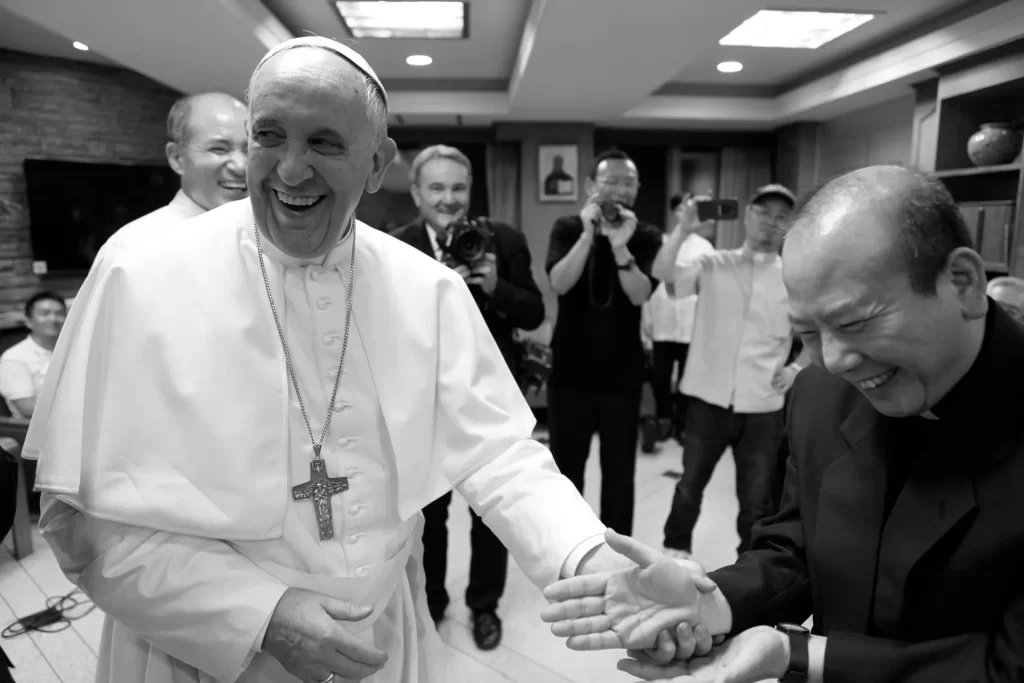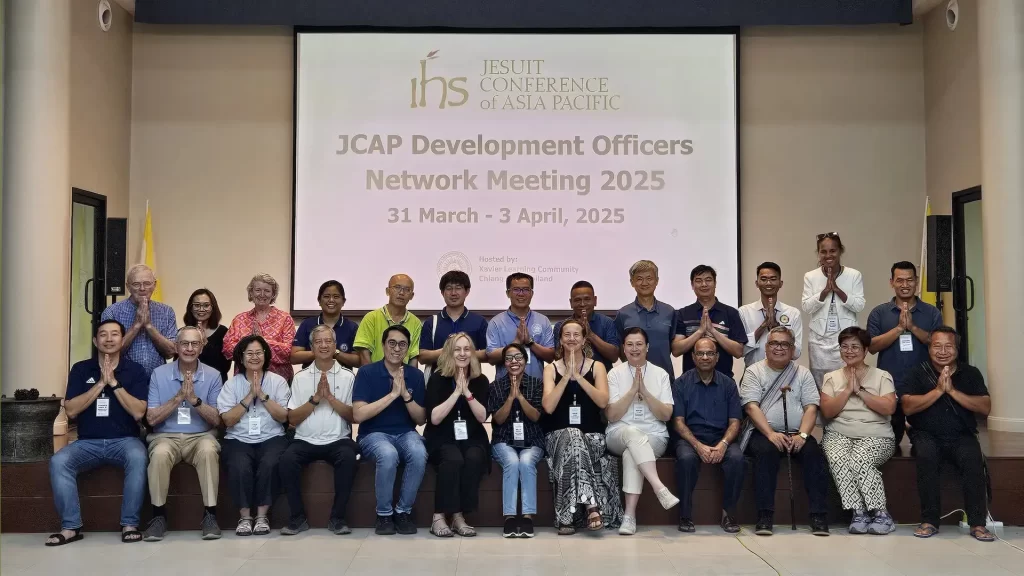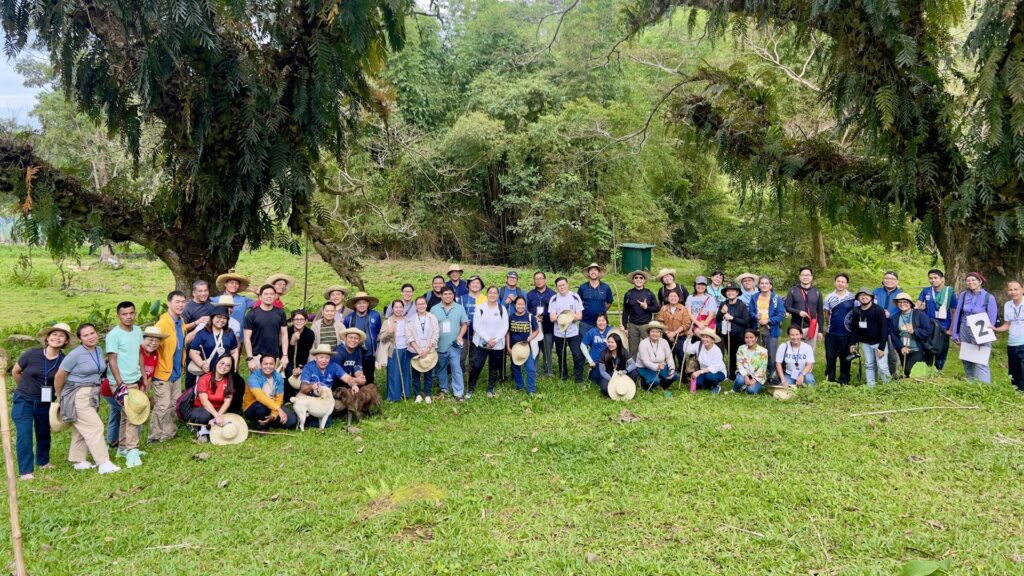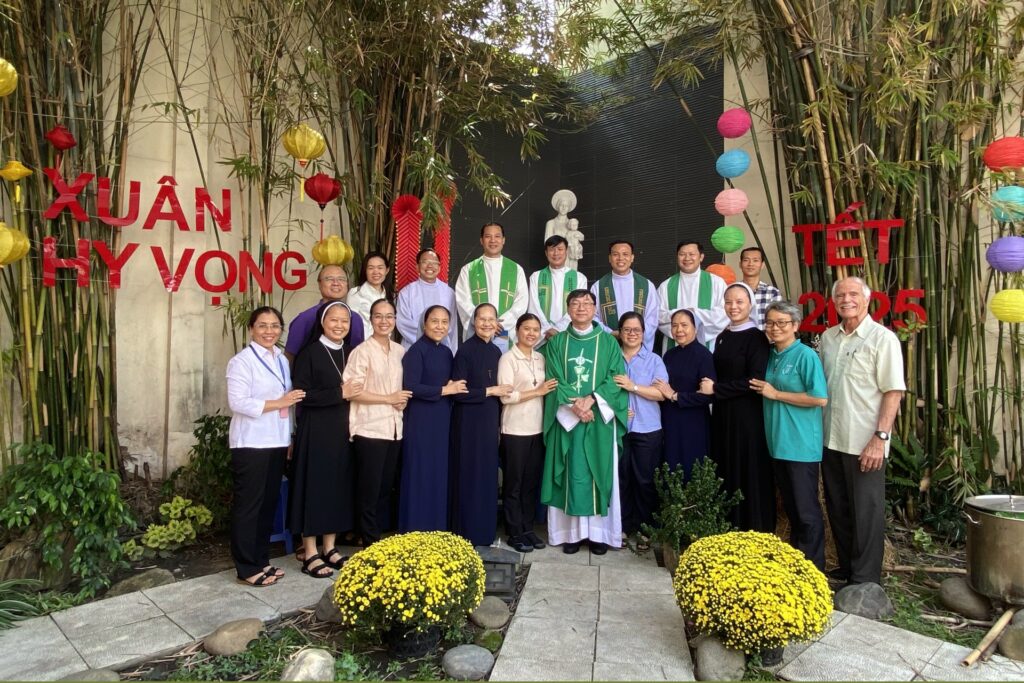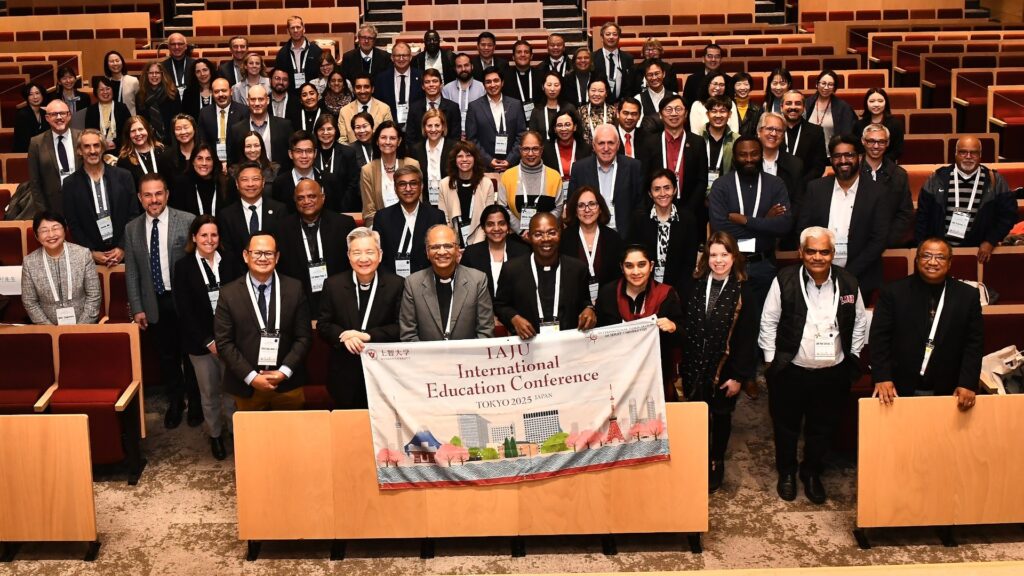More than 140 years after he was beatified, Peter Faber is now a saint. The announcement was made on December 17, Pope Francis’ 77th birthday, and is something of a gift to his fellow Jesuits for whom Faber is a well-loved role model.
With Faber’s “equivalent canonization”, the pope extended his devotion to the universal Church and inscribed him in the catalogue of saints, bypassing the Vatican’s typical procedures for sainthood which include ascertaining two miracles to their intercession.
Pope Francis has long admired Faber, who was one of the first companions of St Ignatius. In an interview with Jesuit publications earlier this year, he singled out Faber as a model of spirituality and priestly life, saying that he admired him for his “dialogue with all, even the most remote and even with his opponents; his simple piety, a certain naïveté perhaps, his being available straightaway, his careful interior discernment, the fact that he was a man capable of great and strong decisions but also capable of being so gentle and loving”.
According to Fr Marc Lindeijer SJ, promoter of Jesuit sainthood causes, “more or less right after his election” in March, Pope Francis asked that the process be started for the canonization of Blessed Faber. For modern Jesuits, the canonization is another step forward in recognizing that the Society of Jesus was founded by a group of companions and not only by St. Ignatius, said Fr Lindeijer.
Faber was born in the Upper Savoy region of France in 1506 and was said by St. Ignatius to be the man best suited to direct others in the Spiritual Exercises. Faber –whose story is not as well known as those of his two university roommates in Paris, Ignatius Loyola and Francis Xavier – was the first of the first companions to be ordained a priest. He was missioned to address the crisis in the Church caused by the Protestant Reformation. Sent to Germany to defend the Catholic Church, he concluded that the remedy lay not in disputes with the Protestants, but rather in reform of the Catholic Church and especially of the clergy. He also travelled for several years through Europe, preaching in Italy, Spain, Switzerland, Germany, Belgium and Portugal, before being called to participate as a theologian at the Council of Trent. However, on his way, he fell gravely ill and died in Rome on August 1,1546 at the age of 40.
Fr Adolfo Nicolás SJ, Superior General of the Society of Jesus, welcomed the news of Faber’s canonisation and said, in a letter to the whole Society, “Today, with serene happiness and ‘internal joy’, we have reason to continue to see in Peter Faber our ‘elder brother’. His manner of being present is a blessing for us; he is a reminder to be humble and to constantly return to our ‘least Society’; staying close to him, we distance ourselves from temptations to empty triumphalism or the powerful forces of arrogance. Faber is a call to a life of ‘having before our eyes first of all God our Lord’, looking always to do His will in this His Institute (cf. Formula of the Institute, 1). Faber is a call to the care and attention to the Body of the Society, a call to dialogue and unconditional openness, of obedient availability and confident surrender. With Faber nearby, judgment is enlightened; ‘You have given all to me – to You, Lord, I return it.’”
Fr Mark Raper SJ, President of the Jesuit Conference of Asia Pacific, sees striking similarities to Faber in Pope Francis’ approach to his mission. “In Pope Francis’ manner and words, we see an echo of Faber’s approach when he asked that ‘a mindset that excludes should be rejected, to build instead a culture of inclusion and encounter’ and when he insisted that ‘Christians who are afraid to build bridges and prefer to build walls are Christians who are not sure of their faith’, he said.
He recalls a beautiful prayer of Faber’s that he feels is one that Jesuits and lay companions would do well to adopt:
“With great devotion and new depth of feeling, I also hoped and begged for this, that it finally be given me to be the servant and minister of Christ the consoler, the minister of Christ the helper, the minister of Christ the redeemer, the minister of Christ the healer, the liberator, the enricher, the strengthener. Thus it would happen that even I might be able through him to help many – to console, liberate, and give them courage; to bring to them light not only for their spirit but also (if one may presume in the Lord) for their bodies, and bring as well other helps to the soul and body of each and every one of my neighbours whomsoever.” [Associated Press], [Jesuit Conference USA], [Jesuit Curia in Rome], [Vatican News]
Fr General’s letter to the Society on the canonisation of Peter Faber


